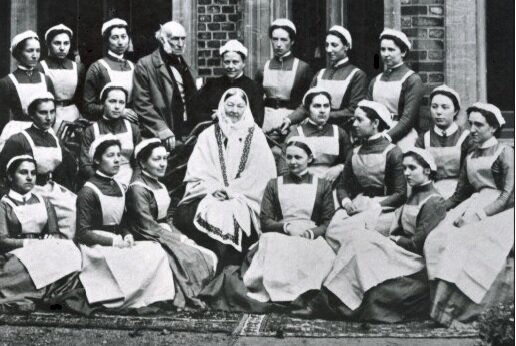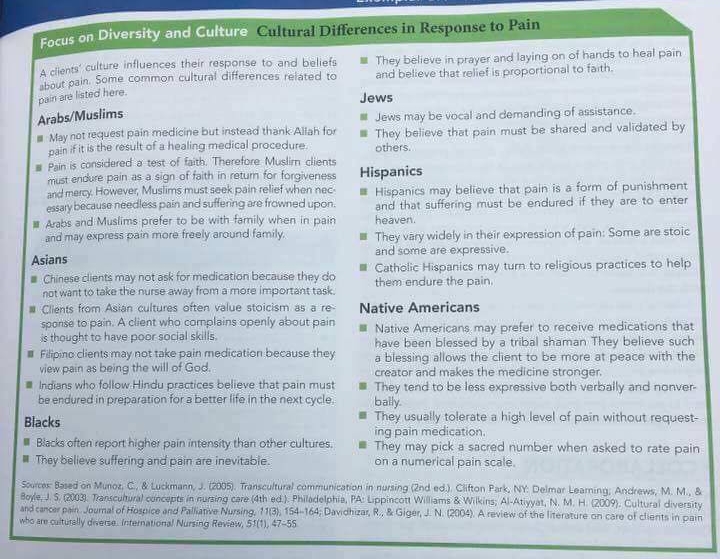Florence Nightingale Was Born 200 Years Ago and Is More Important Than Ever
/By Roger Chriss, PNN Columnist
This week marks the 200th anniversary of Florence Nightingale’s birth. She was born on May 12, 1820, and is considered the founder of modern nursing and an innovator in the use of medical statistics.
Named for the city of Florence, Italy, where she was born, Nightingale grew up in a wealthy British family and demonstrated a gift for mathematics. She traveled extensively throughout Europe during her youth and announced her decision to enter the nursing field when she was 24, despite the opposition of her family and the restrictive social mores of Victorian England.
Nightingale made fundamental contributions to nursing and biostatistics during the Crimean War, during which she managed and trained nurses, and organized care for British soldiers.
In 1854, she identified poor care for the wounded at Selimiye Barracks in what is now Istanbul due to overworked and under-equipped medical staff and official indifference. Medicine was limited, hygiene neglected and soldiers suffered as a result, she found.
Nightingale collected meticulous records of patient outcomes in the military field hospital she managed. Then she summarized this information in a form of pie chart now known as the polar area diagram, clearly showing the benefits of improved patient care.
FLORENCE NIGHTINGALE
This visual representation of statistics was much more readily understood than conventional columns of numbers and helped convince civil servants and even members of Parliament that her findings were significant.
Nightingale applied the same methodology to a study of sanitation in rural India, playing a key role in improving medical care and public health services in that country. She found that bad drainage, contaminated water, overcrowding and poor ventilation were important risk factors in the spread of disease. Her work ultimately helped reduce mortality among British soldiers stationed in India from 69 to 18 per 1,000.
But Nightingale is best known for her role in the foundation of modern nursing. She led by example, with a commitment to patient care and medical administration.
She developed the first official nurse training program, the Nightingale School for Nurses, which opened in 1860. It is now known as the Florence Nightingale Faculty of Nursing and Midwifery at King's College London.
Her work is also remembered in the Florence Nightingale Medal for outstanding service in nursing, among many other honors in her name.
Nightingale’s work in public health and record keeping dovetailed with the first epidemiological success in Britain. In the summer of 1854, English physician John Snow showed that a cholera outbreak could be traced to the contaminated Broad Street Pump, which he stopped by simply removing the handle of the pump so people couldn’t use it anymore.
Snow’s methods involved what we would now call outbreak maps and contact tracing. And his findings inspired improvements in water and waste systems in London and around the world.
NIghtingale’s 1859 book, “Notes on Nursing: What It Is, and What It Is Not,” is a seminal text about the nature and practice of nursing. In it she wrote: “The very first requirement in a hospital is that it should do the sick no harm.”
Today, amid the global coronavirus pandemic, the dedication of nurses and the importance of medical statistics cannot be understated. Nurses are falling sick and dying at alarming rates, in part because institutional leadership is failing them. One-third of Covid-19 deaths in the U.S. are occurring among nursing home residents and staff.
Nightingale’s example needs to be recognized and followed. Her bicentennial provides a timely opportunity to emulate her lifelong dedication to medical care and public health.
Roger Chriss lives with Ehlers Danlos syndrome and is a proud member of the Ehlers-Danlos Society. Roger is a technical consultant in Washington state, where he specializes in mathematics and research.







